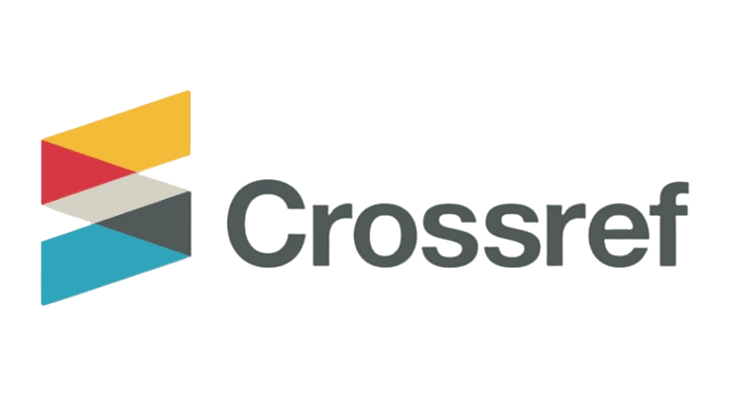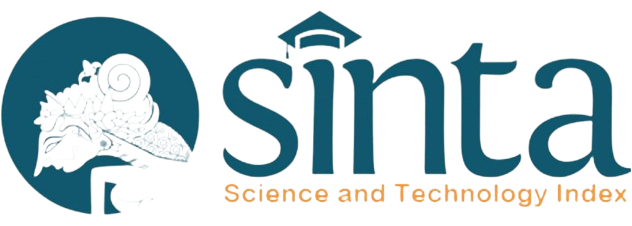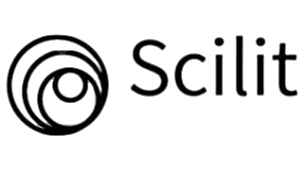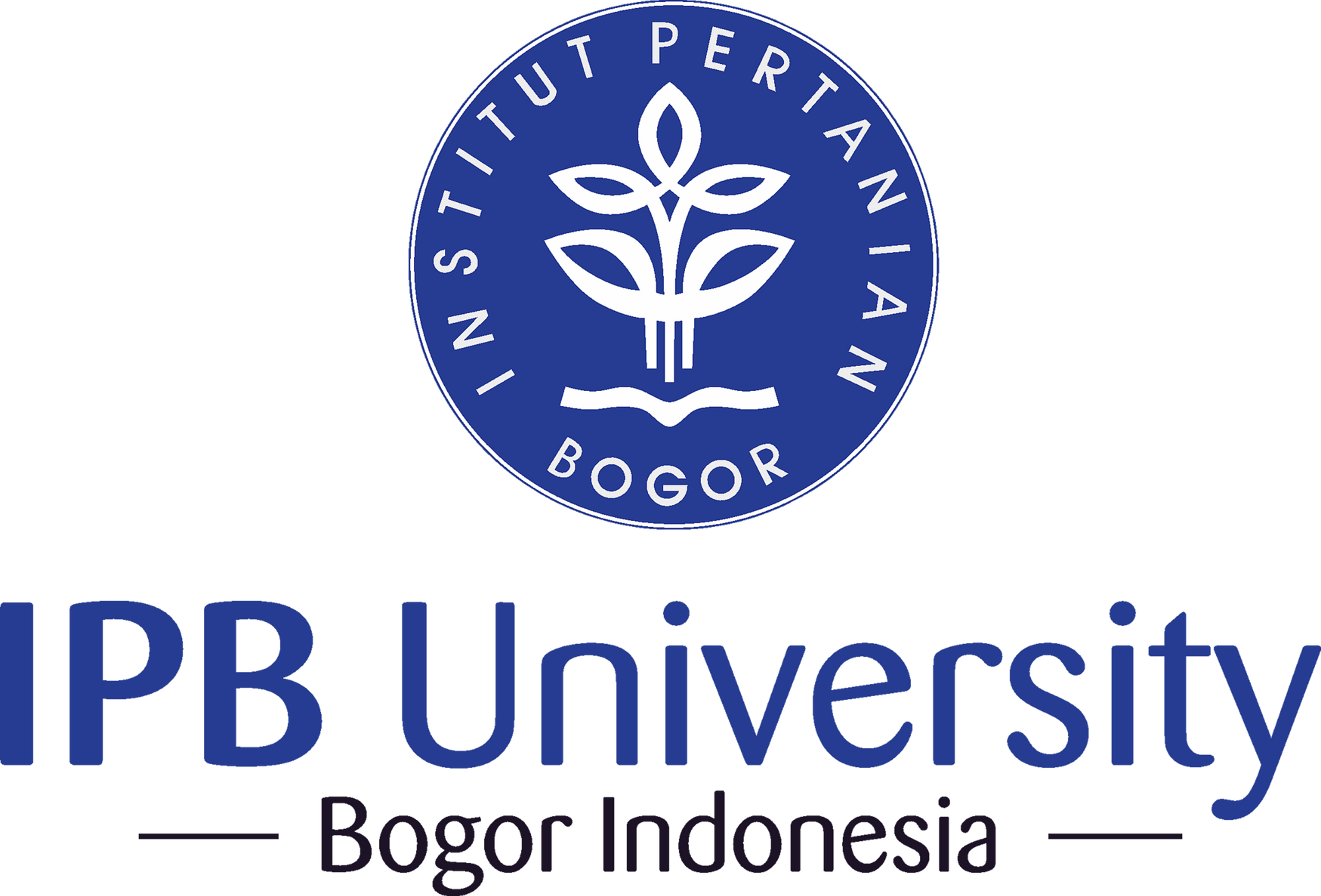Publication Ethics
Jurnal Hortikultura Indonesia (JHI) has agreed to follow the ethical standards as determined by the Committee on Publication Ethics (COPE) as well as International Committee of Medical Journal Editors (ICMJE). Author(s) must be obedient and pay attention to the authors, editors, reviewers, plagiarism, duplicate (redundant) publication, fabrication of data, manipulation of citation, as well as ethical approval and Intellectual Property Rights.
Authors
Author is a person who participated in the research and is sufficient to take public responsibility for all portions of the content. When authorship is attributed to a group, all authors should have made substantial contributions to the following: (i) conception and design of the research, acquisition of the data, analysis and interpretation of the data; (ii) drafting of the manuscript and its revision; and (iii) final approval of the version to be submitted. Manuscript submission implies that all authors have read and approved the final version of the manuscript and agree to the manuscript submission to this journal. All authors must be responsible for the quality, accuracy, and ethics of the research.
- Authors should present an accurate account of the work performed as well as an objective discussion of its significance.
- A paper should contain sufficient details and references to permit others to replicate the work.
- Review articles should be objective, comprehensive, and accurate.
- The authors should ensure that they have written entirely review works, if the authors have used the work and/or words of others it is obligatory to appropriately cite or quote the source.
- Submitting the same manuscript to more than one publication concurrently constitutes unethical publishing behaviour and is unacceptable.
- Authorship should be limited to those who have made a significant contribution to the conception, design, execution, or interpretation of the reported study. All authors must have contributed significantly to the study and agree to be accountable for its content. Contributors who do not meet the criteria for authorship should be acknowledged appropriately. Any changes in authorship after submission must have the consent of all authors.
- The corresponding author should ensure that there is a full consensus of all co-authors in approving the final version of the paper and its submission for publication.
- Sources of financial support for the study must be addressed in the Acknowledgements section.
Editors
- All submitted papers are subject to a blind peer-review process by reviewers who are experts in the area/theme of the particular paper. The factors that are taken into account in review are relevance, originality, soundness of method and data analysis, significance, readability, and language.
- Articles will be returned to authors if they do not comply with the journal’s author guidelines
- The possible decisions include acceptance, acceptance with revisions, or rejection. The authors are encouraged to revise and resubmit a submission, but there is no guarantee that the revised submission will be accepted.
- Rejected articles can be resubmitted after revisions.
- The paper acceptance is constrained by such legal requirements as shall then be in force regarding libel, copyright infringement and plagiarism.
- When a conflict of interest arising, all the participants in the reviewing process should inform the editorial staff.
- The accepted papers are allocated in open access on the journal site, and the copyrights are reserved.
- Editors must not use unpublished information in the editor's research without the express written consent of the author.
- The editorial staff must not disclose any information about a submitted manuscript to anyone other than the corresponding author, reviewers, other editorial advisers, and the publisher, as appropriate.
Reviewers
- Any manuscripts received for review must be treated as confidential documents. Privileged information or ideas obtained through peer review must be kept confidential and not used for personal advantage.
- The reviewers evaluate manuscripts for their intellectual content without regard to race, gender, religion, ethnic origin, citizenship, or political views of the authors.
- The selected referee who feels unqualified to review the manuscript should notify the editor and excuse him/herself from the review process.
- Reviewers should not consider manuscripts in which they have conflicts of interest resulting from competitive, collaborative, or other relationships or connections with any of the authors, companies, or institutions connected to the papers.
- Reviews should be conducted objectively with supporting arguments.
- Peer review assists the publisher in making editorial decisions and through the editorial communications with the experts from the scientific staff, and may assist the author in improving the paper.
- Manuscripts received for review are treated as confidential documents and are reviewed by anonymous staff (double-blind peer review).
- A reviewer should also call to the publisher's attention any substantial similarity or overlap between the manuscript under consideration and any other published paper of which they have personal knowledge.
Plagiarism
Plagiarism is the practice of taking someone else's work or ideas and passing them off as one's own. Submitted manuscripts should be the original works of the author(s). To check the possibility of plagiarism manuscript is submitted using the application Plagiarism Software.
- Plagiarism in all its forms constitutes unethical publishing behavior and is unacceptable.
- Plagiarism screening will be conducted on each article using Turnitin plagiarism screening service powered by iThenticate. Every submitted article must not exceed a 20% similarity score.
- If plagiarism is identified, the COPE Principles of Transparency and Best Practice Guidelines and the COPE Code of Conduct on plagiarism will be followed.
- For more information on the ethics of scientific publications, please access the Committee on Publication Ethics (COPE) website.
Duplicate (redundant) publication
Duplicate publication is a publication of a paper that overlaps substantially with one already published, without clear, visible reference to the previous publication. Manuscript submissions will be considered for publication only if they are submitted solely to this journal and do not overlap substantially with a published article. Any manuscript that has (near) a similar hypothesis, sample characteristics, methodology, results, and conclusions to a published article is a duplicate article and is prohibited, even if it is published in a different languages. The slicing of data from a "single research" to make some individual manuscripts without substantial differences should be avoided.
Fabrication of data
Fabrication, manipulation, or falsification of data is an ethical violation and is prohibited.
Citations manipulation
The only relevant citations are used in the manuscripts. Irrelevant (self) citations to increase the author(s)'s citation (h-index) or unnecessary citations to improve the references are not allowed.
Intellectual Property Rights
Author(s) must be obedient to the law and/or ethics in treating the object of research and pay attention to the legality of material sources and intellectual property rights.
Conflict of interest and source of funding
Author(s) are required to acknowledge all sources of institutional, private, and corporate financial support for the research within the manuscript, and note any potential conflicts of interest.












